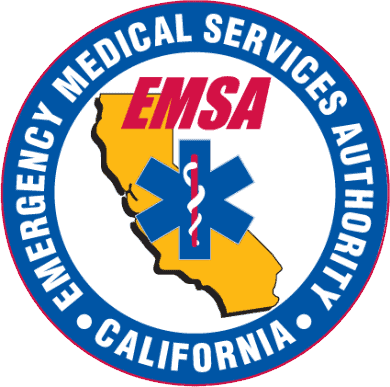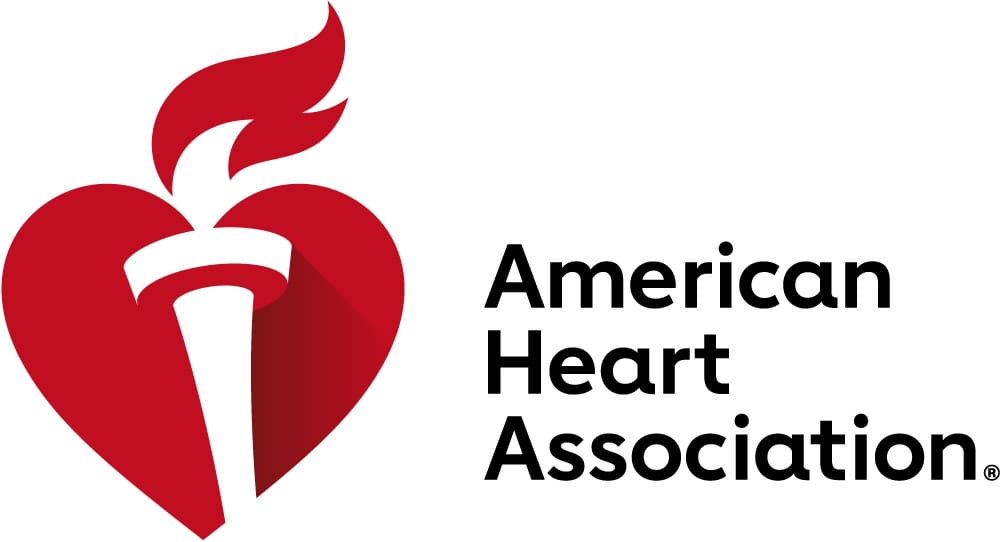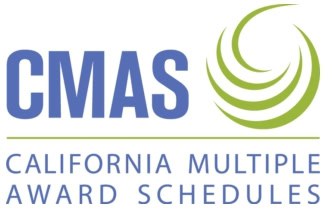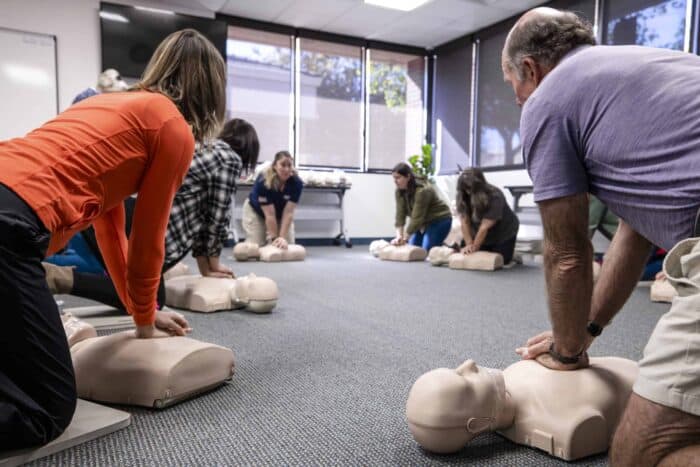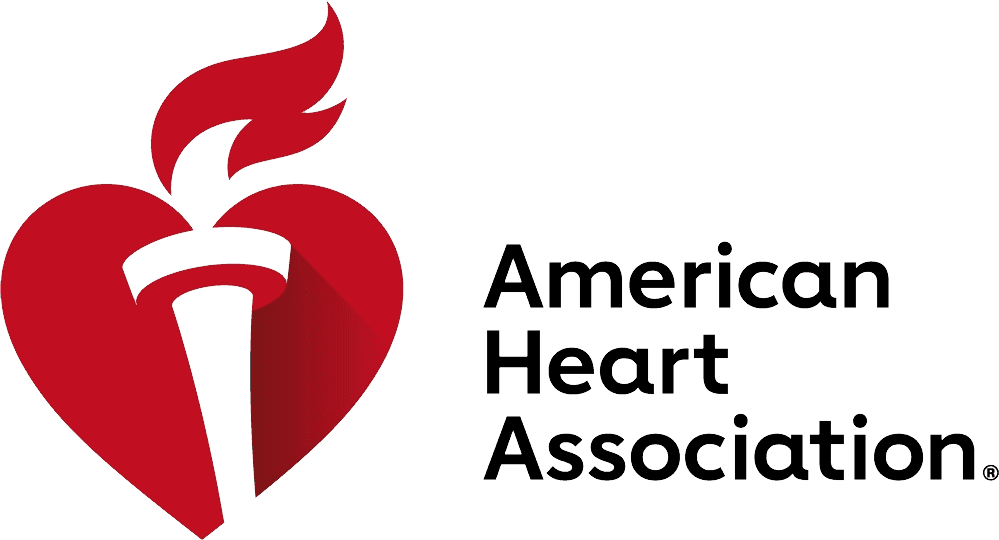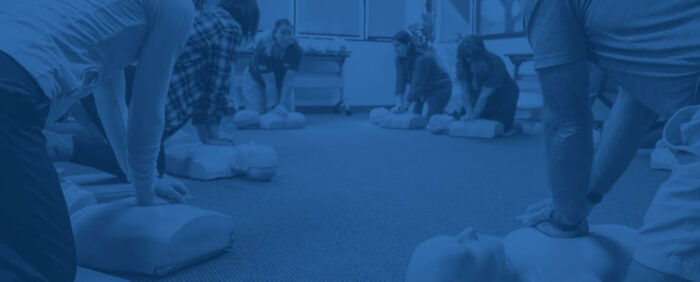Your cart is currently empty!
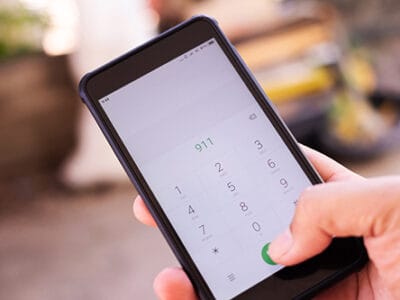
You can guarantee that at least once in your life, you will have to make the call that no one wants to make: the call to 911. Making a 911 call can definitely feel intimidating the first time you have to do it. Knowing what to do in an emergency, when and why to call 911, and what to do while you’re waiting for help to arrive can give you peace of mind. This article will reveal the 911 details, protocols, and procedures you need to know so you are never caught off guard when seconds count.
Why Call 911
If you are questioning, “Why call 911?”, this list can help you decide if you need to call emergency services or if a 911 non-emergency call is appropriate instead.
Do Call 911:
If You or Another Person is Experiencing:
- Choking
- Drowning or near drowning
- Heavy bleeding that will not stop with direct pressure
- Drug overdose
- Chest pain
- Severe difficulty breathing
- 2nd or 3rd degree burns
- Sudden difficulty speaking, numbness, or sudden mental confusion
- Sudden severe pain
If You Are Helping Someone And:
- Their condition is rapidly worsening
- They will be injured if you move them
- You do not have the supplies necessary to help them, and they need immediate assistance
- Their condition is life-threatening
If You Are in This Type of Emergency Situation:
- A fire has started in your home, building, or car
- Someone is threatening your life or their own life
- Someone around you is acting threatening with a weapon
- You are viewing a dangerous crime in progress (such as an intruder on your property)
How to call 911
1. Who do you reach when you call 911?
When you dial 911, you will reach a 911 dispatcher. This dispatcher is an individual who is trained to handle emergency calls, gather your information, and send the appropriate emergency services (fire, ambulance, or police) to your location.
2. Can you call 911 without service?
You might be out hiking in a beautiful national park when disaster suddenly strikes. Maybe you get bitten by a snake or your friend falls and breaks a leg. You need help fast, but your phone has no service. What to do? Luckily, all modern cell phones are equipped to call 911 in emergency situations. As long as your battery is charged, you can make the call. Your phone will connect to the closest tower, even if it’s not connected to your typical service company. However, you must give the dispatcher very clear directions as to where you are located in case the location services do not work.
3. I need to know how to call an ambulance.
Ambulances are reached via dispatch by calling 911.
4. I don’t have an emergency. What is the non-emergency phone number for 911?
If you do not have an actual emergency, do not call 911. All non-emergency calls should be made to your local police. If you call 911 on accident, stay on the line and explain that you do not need emergency services. If you immediately hang up instead, they may send a deputy to your location to check on you.
Information to Provide a 911 Dispatcher
Effective communication with 911 dispatchers starts with knowing what to say. What information do the dispatchers need in order to help you most effectively?
1. Stay Calm and Collected
First, stay as calm and collected as you can when you make a 911 call. If you are panicked, you won’t be able to communicate your situation clearly or recall what the dispatcher might say to you. You can also help yourself or the person who is in trouble more easily if you are composed.
2. Describe the Emergency Clearly
Make sure to clearly give the dispatcher details about what type of emergency it is. Include clear details of the illness, injury, or situation. Make sure you state what kind of help is needed and if there are any hazards at the scene.
3. State Your Location Precisely
If you cannot be located via your cell phone, you must let the dispatcher know where you are. Clearly state your address if you have one. If you are not at an address, such as hiking, on a body of water, etc., make sure to describe the location as much as possible and how to get there (landmarks, cardinal directions, etc).
Follow the Dispatcher’s Instructions
The dispatcher may give you instructions on what to do while waiting for emergency personnel to arrive. This might include instructions on what to do, where to go, and how to help. They might give you first aid advice as well. Do not hang up the phone until instructed.
Rescue Training Institute Can Help You Know What to Do in An Emergency
Although preparedness will never replace making a 911 call in an emergency, it is absolutely best to be as prepared as possible. Knowing how and when to use an AED, what to do in emergency childcare first aid situations, and how to handle excessive bleeding can make a huge difference when every second counts. Rescue Training Institute offers classes in first aid, AED use, CPR, and other life-saving preparedness. Contact us today and get peace of mind knowing you’re prepared for emergency situations.

